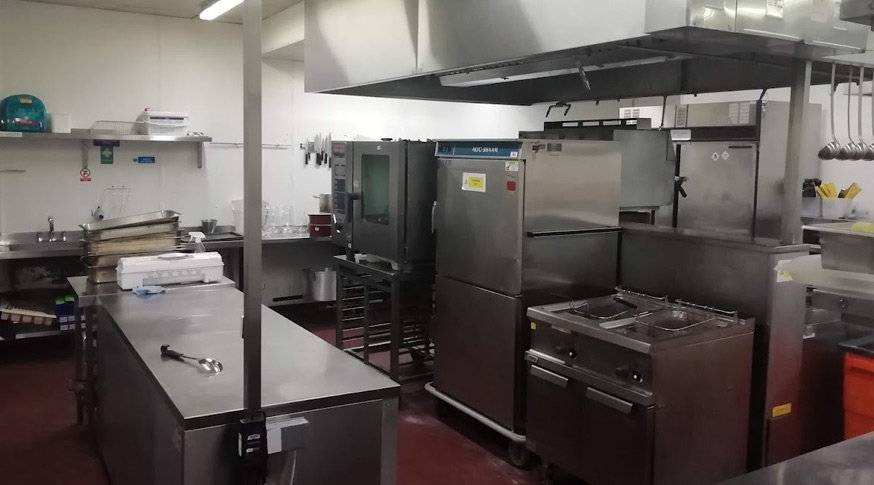Friday Health specials with ATV Today Lifestyle…
Experts have revealed how a kitchen container could be poisoning your food. These concerns typically arise from chemical leaching, improper use, and the risks of contamination associated with various types of containers.
Plumbworld emphasises the critical need for awareness and correct handling of kitchen containers to safeguard your health and ensure food safety.
-
Plastic Containers and BPA (Bisphenol A)
Many plastic containers, especially older ones, contain BPA, a chemical that can leach into food and beverages, particularly when the container is heated. Research has linked BPA exposure to several health issues, including hormonal disruptions, heart problems, and cancer.
-
Phthalates in Plastic
Phthalates are chemicals used to make plastics more flexible and harder to break. They are often found in food packaging and can migrate into food products. Exposure to phthalates has been associated with reproductive issues and other health problems.
-
Lead in Ceramic Containers
Some ceramic dishes, especially those that are improperly glazed or older, can contain lead. Lead can leach into food, posing serious health risks, especially to children and pregnant women. Lead exposure can affect brain development, leading to cognitive issues and other severe health problems.
-
Aluminium Containers and Foil
When used with acidic or spicy foods, aluminium containers and foil can leach aluminium into the food. While small amounts of aluminium are generally considered safe, high levels of exposure can lead to health issues, including neurological effects.
-
Non-Stick Coatings
Containers and utensils with non-stick coatings, when overheated or scratched, can release toxic chemicals into the air and potentially into the food. These chemicals have been linked to health issues, including liver and thyroid problems.
-
Improper Use and Care
Containers not designed for repeated use or specific types of food (e.g., acidic foods in metal containers) can lead to chemical leaching. Additionally, using containers with visible damage or wear can increase the risk of contamination.
-
Storing Food in Containers with Residual Chemicals
Containers that are not thoroughly cleaned or that previously held non-food items can introduce contaminants into your food. It’s essential to use food-grade containers and ensure they are clean before use.
To minimise the risks associated with kitchen containers poisoning your food, it’s recommended to:
- Use food-grade containers made from safer materials like glass or stainless steel.
- Avoid heating food in plastic containers, even if they are marked “microwave safe.”
- Replace old or damaged containers.
- Ensure ceramic ware is lead-free, especially if it’s imported or handmade.
- Prefer containers with safer non-stick coatings or avoid non-stick containers where possible.











